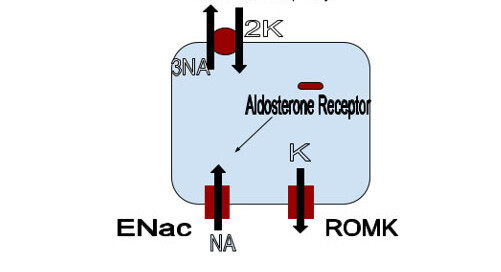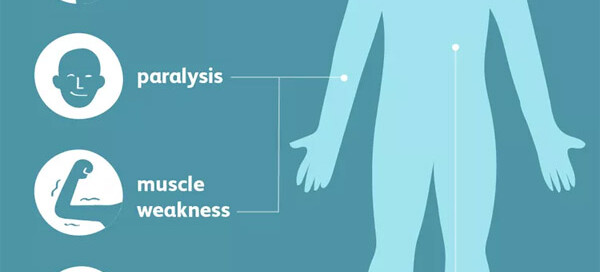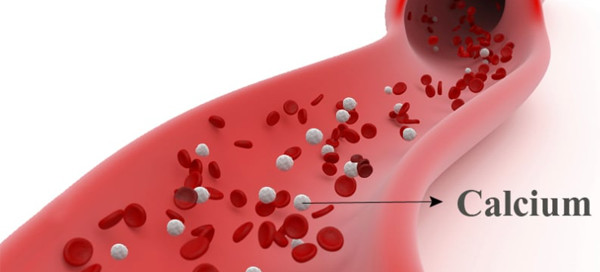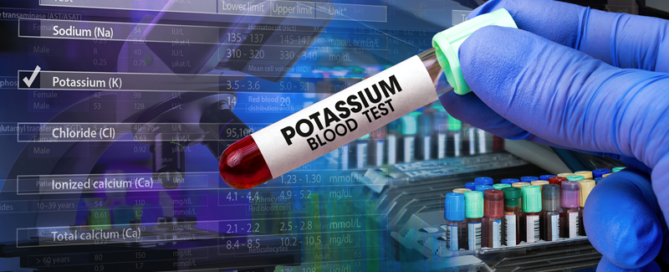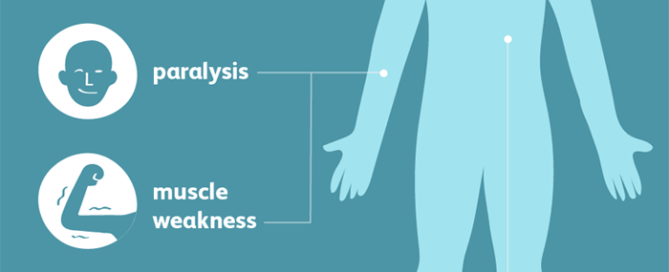Mineralocorticoid Antagonists: How I Use Them in Kidney Disease and Hypertension
There are 3 available mineralocorticoid antagonists (MRAs) Spironolactone: This is a steroidal MRA derived from steroids that is nonselective for the mineralocorticoid (MR) receptor, it also can inhibit other steroid receptors specifically progesterone and androgen receptors Eplerenone: Is a second generation steroidal MRA that is more selective for the MR receptor, but less

